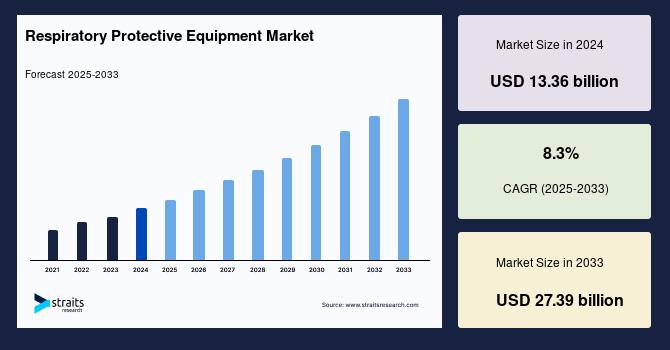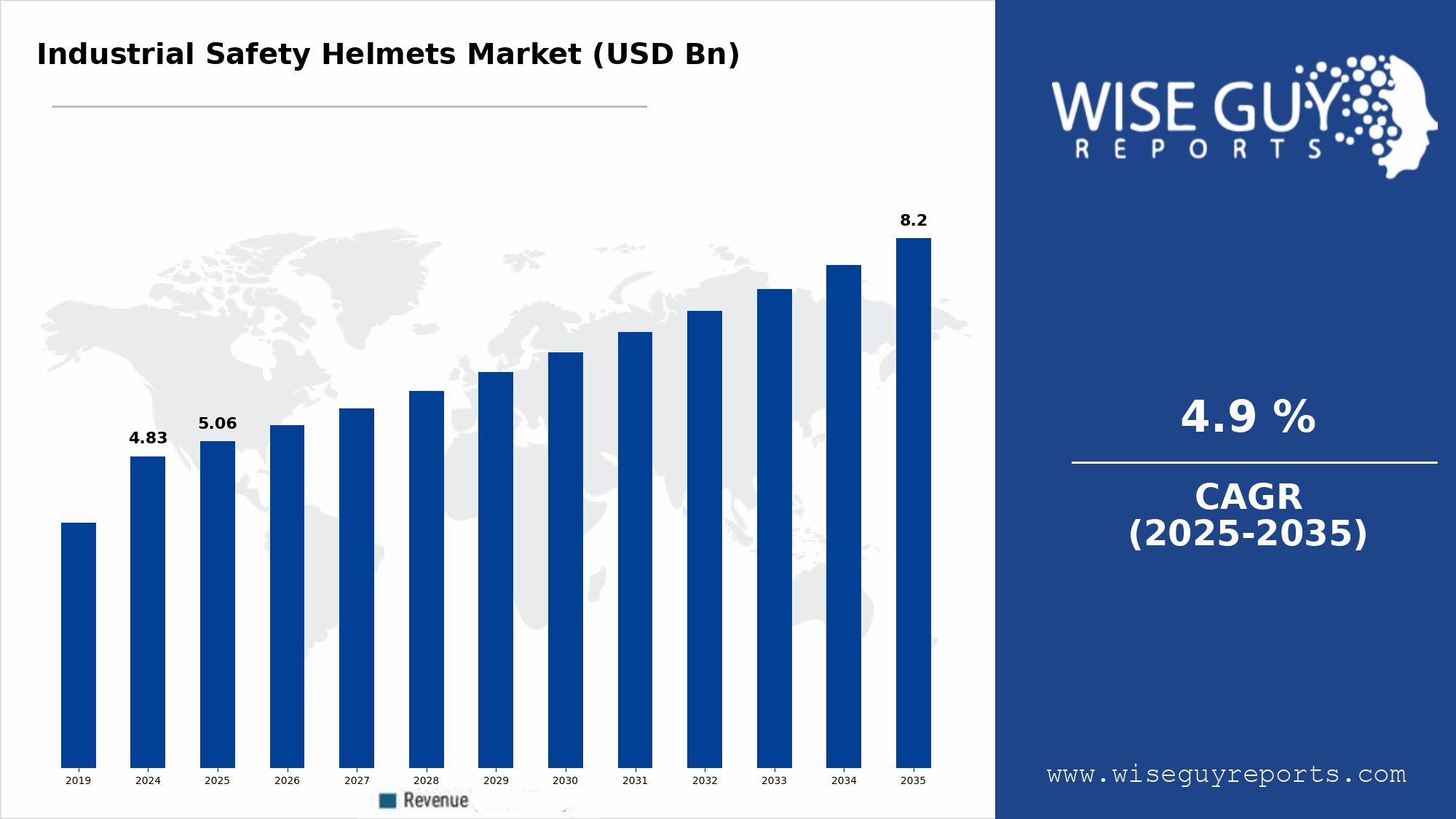The recent incident involving the cargo ship Mississippi, which lost 75 containers while preparing to unload at the Port of Long Beach, underscores a critical and ongoing safety crisis in one of America’s busiest ports. This event not only raises alarms about the immediate risks faced by dockworkers but also reflects broader systemic issues within the shipping and logistics sectors. The precarious working conditions, exacerbated by high-pressure operational demands, pose significant threats to both personnel and infrastructure. As the second largest port in the United States, the implications of such incidents extend beyond local concerns, potentially affecting national supply chains and economic stability.
Addressing these safety issues requires a multifaceted approach that prioritizes worker safety and regulatory compliance. Key insights suggest that enhancing safety protocols, investing in infrastructure improvements, and fostering a culture of accountability are essential steps toward mitigating risks. The implications of failing to act are profound; not only could they lead to further accidents and injuries, but they also jeopardize the efficiency and reliability of critical supply chains. Stakeholders must recognize that improving safety is not merely a regulatory obligation but a strategic necessity that can safeguard both human lives and economic interests.








